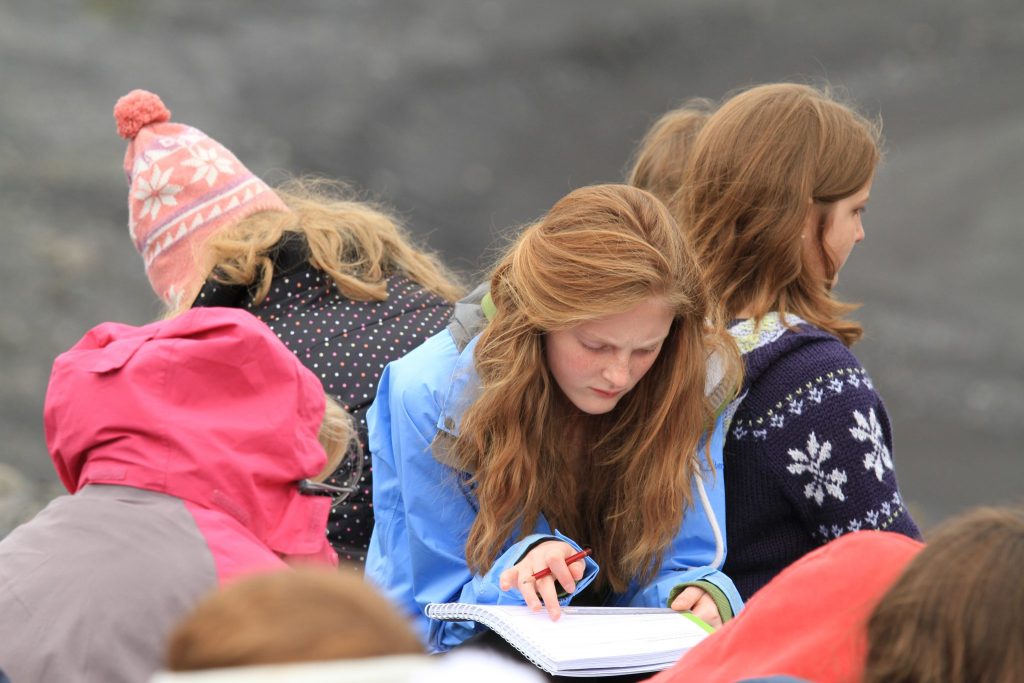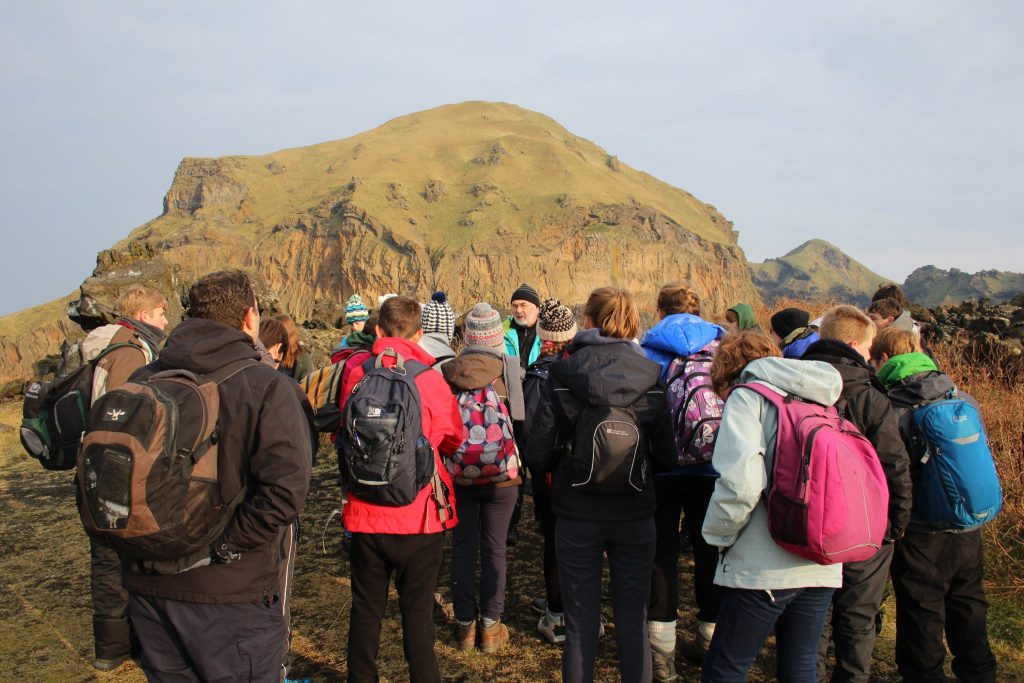
Learning outside the classroom is known to bring many benefits for students of all ages. Whether it’s a visit to a local museum or a residential trip, these experiences can transform pupils’ learning by developing their skills and understanding, improving achievement and enhancing confidence and relationships.
A study carried out by, Learning Away, found that residential trips offer opportunities for schools to enhance vital study and life skills, as well as promote resilience and responsibility. They even found that ‘a residential learning experience provides opportunities and benefits that cannot be achieved in any other educational context or setting.’

But the impacts don’t end with pupils. Learning Away highlights that teachers’ involvement in trips offers opportunities to try different approaches to teaching, as well as strengthens relationships with their students.
This is echoed by Tim Hoyle, Head Teacher at Huddersfield Grammar School. As a school, they’re committed to offering pupils a rounded education by supporting indoor learning with inspiring experiences beyond the classroom:
“It’s improving their horizons, it’s improving their teaching and it’s improving their relationships with the children. Everything about going away on tour is a positive learning experience.”
Whilst the benefits are clear, there are barriers to teachers taking their students out of the classroom. Information compiled by the School Travel Forum highlights that for 64% of teachers, safety and risk are a concern when organising a school trip.
The safety and protection of students whilst under the care of school institutions has to be of paramount importance, but with the right measures in place these concerns can be eased.

When recently asked about the risk involved in schools taking pupils on trips, Chief Executive of the Council for Learning Outside the Classroom (CLOtC), Elaine Skates, stressed:
“To anyone who thinks that school trips are too risky I would ask them about the risks of not taking children outside the classroom for learning, the risks of not expanding their horizons, the risks of not helping them to achieve all they can.”
Elaine recommends that anyone arranging a trip should put their learning objectives at the centre of the planning process, rather than starting with a risk assessment. “Think about what you are trying to achieve for your young people, what their needs are and what the learning objectives are.” In doing so, teachers and students will gain the most benefits from the opportunities they are given.

She goes on to say that pupil safety should be carefully considered through effective planning and sensible selection of providers:
“As long as you plan the school trip effectively and you are using venues and providers who you know are of good quality, perhaps because they hold the Learning Outside the Classroom Quality Badge, if anything does go wrong you will be recognised as having done everything possible.”
The safety of young people is a fundamental consideration when organising experiences beyond the classroom, but ultimately it is learning that should be at the heart of planning a visit. Pupil safety should not put teachers off giving their students opportunities to learn in a real-world setting. These experiences give students the chance to put their knowledge and skills into practice in a new way, as well as gain considerable benefits as they develop as young people. Through effective planning and careful selection of providers, concerns over safety and risk can be alleviated.

Rayburn Tours are a proud holder of the Learning Outside the Classroom (LOtC) Quality Badge – a national accreditation awarded by the School Travel Forum on behalf of CLOtC – giving trip organisers confidence and peace of mind in the educational quality and safety of experiences provided. The majority of Local Authorities in England & Wales accept the LOtC Quality Badge which minimises or eliminates the amount of paperwork required, meaning you can spend less time form-filling and more time travelling. Find out more about Rayburn Tours by visiting rayburntours.com.
Head over to our website to find out more about safety and support with Rayburn Tours.
Further information available at:
http://compliance.handsam.education/compliance-matters-june-2017-issue-6-england#!/clotc-interview
http://learningaway.org.uk/residentials/
http://www.schooltravelforum.com/media/1121/top_concerns_sft_blog.pdf